
Vitamin D and calcium decreased systolic and diastolic blood pressure among older individuals with obesity.

Vitamin D and calcium decreased systolic and diastolic blood pressure among older individuals with obesity.

If patterns and trends were to continue, the authors predict that nationwide overweight and obesity prevalence in adults will surpass 80% by 2050.
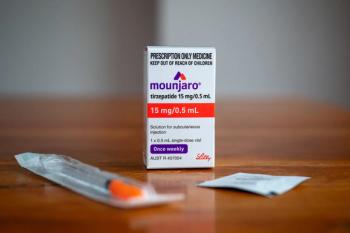
This is the first trial that tested the effect of any medication on major heart failure outcomes in patients with HFpEF and obesity, according to investigators.

The label includes postmarking reports showing rare instances of pulmonary aspiration for patients undergoing procedures that require general anesthesia or deep sedation.
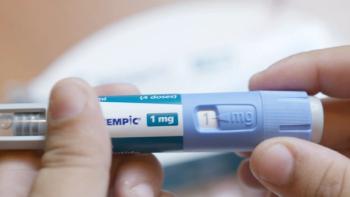
There has never been such widespread and popularized use of compounded products due to shortages. Will consumers rise up with pitchforks if the party is shut down?

CagriSema is a subcutaneous injectable combination of cagrilintide and semaglutide that is currently in phase 3 trials.

Glucagon-like peptide-1 agonists have increasingly showed potential for treating liver fibrosis in patients, which disproportionately affects those who are overweight or have obesity.
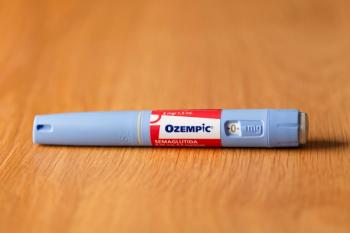
Off-label semaglutide has been linked to serious adverse effects, calling for increased regulation around compounding.

In addition to GLP-1s, dual GLP-1 and GIP agonists, intestinal lipase inhibitors, sympathomimetics, and other agents can help patients lose weight.

Glucagon-like peptide-1 (GLP-1) receptor agonists are widely known as treatments for type 2 diabetes, though some have been approved for indications beyond diabetes.

The call follows the FDA’s sudden removal of tirzepatide from the drug shortage list, preventing compounding pharmacies from providing the drug.

The agency does not intend to take action against the plaintiffs for the violation of the Federal Food, Drug, and Cosmetic Act, including the compounding of tirzepatide.

Pharmacists can educate patients about how to recognize unsafe online sources of medications and ensure patients are properly educate on how to administer their medications.

Questions in the pharmacy are endless and often hard to answer.

The lawsuit alleges that the action was taken without the required notice and disputes the agency’s warning of “localized supply disruption,” while calling for more transparency.
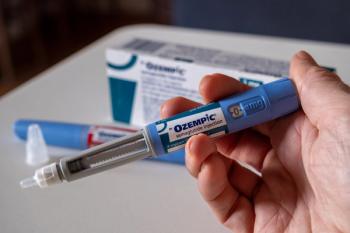
In previous studies, semaglutide was found to modulate dopamine reward signaling and decreased drug rewards (specifically heroin) in rodents.

Treatment with tirzepatide has led not only to significant reductions in excess body weight, but also improvements in blood pressure and reduction of inflammatory markers.
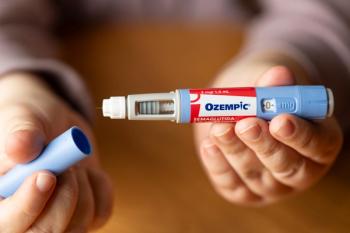
As of now, data suggest minimal risk of drug interactions between oral contraceptives and injectable semaglutide.

Surprisingly, those with overweight BMI at diagnosis did not have a poor prognosis.

For adults receiving the 15 mg dose, tirzepatide sustained weight loss with an average reduction of 22.9% in body weight compared with 2.1% for the placebo.

Glucagon-like peptide-1 receptor agonists and sodium-glucose contransporter-2 inhibitors have been added as first-line therapy recommendation for type 2 diabetes, the first since metformin

Pharmacists play an important role in managing patients with this complex condition.
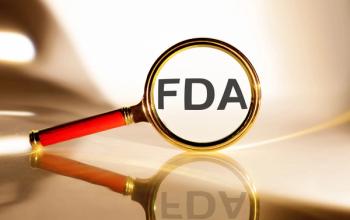
The system is an outpatient procedure that resurfaces the mucosal lining, making it easier for the body to maintain healthy metabolism and blood glucose levels.

A 5:2 intermittent fasting plan combined with meal replacement had better positive outcomes compared with metformin and empagliflozin.

Anatomical alterations result in many downstream changes, such as changes in pH, gastric volume, food intake, surface area for absorption, gastric emptying and transit times, and intestinal enzymes and efflux pumps, among others.